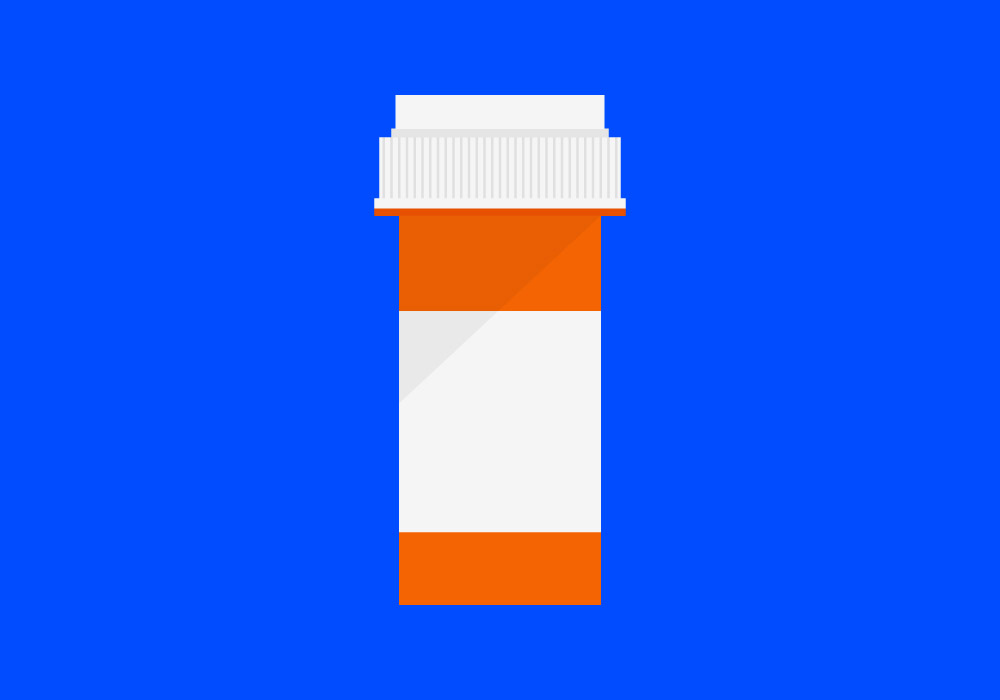
A new study released Thursday finds that aspirin, taken regularly in low doses, is linked to a lower risk for cancer.
In the research, published in JAMA Oncology, researchers examined the correlation between aspirin and cancer in about 136,000 people. The men and women analyzed were part of the Nurses’ Health Study and Health Professionals Follow-up Study, and their data was collected for up to 32 years.
The researchers found that taking aspirin regularly—defined twice a week or more—for at least six years was associated with a 19% drop in risk for colon and rectum cancers, a 15% lower risk for gastrointestinal tract cancers and a 3% lower risk for cancers in general. They didn’t see a link between regular aspirin use and risk reduction for some other cancers, including cancers of the breast, prostate and lung.
The benefits for GI cancers seemed to manifest even with a lower dose of aspirin, starting with half a standard aspirin tablet weekly. It’s not yet clear exactly why the effect appears to be so strong on cancers of the GI region. But the authors speculate that aspirin might be working in a way that’s critical to fighting the early production of tumors. Taking aspirin regularly could prevent anywhere from 8-17% of colorectal cancers in people older than 50, the authors conclude.
However, other research shows that daily aspirin brings with it the risk of internal bleeding (see our earlier piece on who should and who shouldn’t take a daily aspirin). There is also not enough evidence that the risks outweigh the benefits when it comes to preventing a first heart attacks and stroke. People should weight the latest evidence with their doctors.
More Must-Reads from TIME
- Cybersecurity Experts Are Sounding the Alarm on DOGE
- Meet the 2025 Women of the Year
- The Harsh Truth About Disability Inclusion
- Why Do More Young Adults Have Cancer?
- Colman Domingo Leads With Radical Love
- How to Get Better at Doing Things Alone
- Michelle Zauner Stares Down the Darkness
Write to Mandy Oaklander at mandy.oaklander@time.com